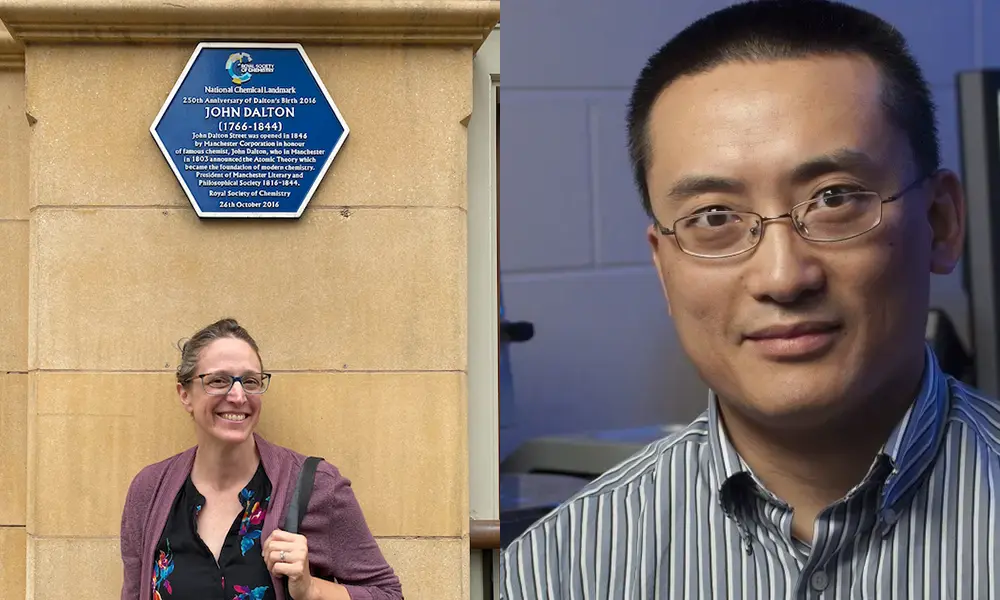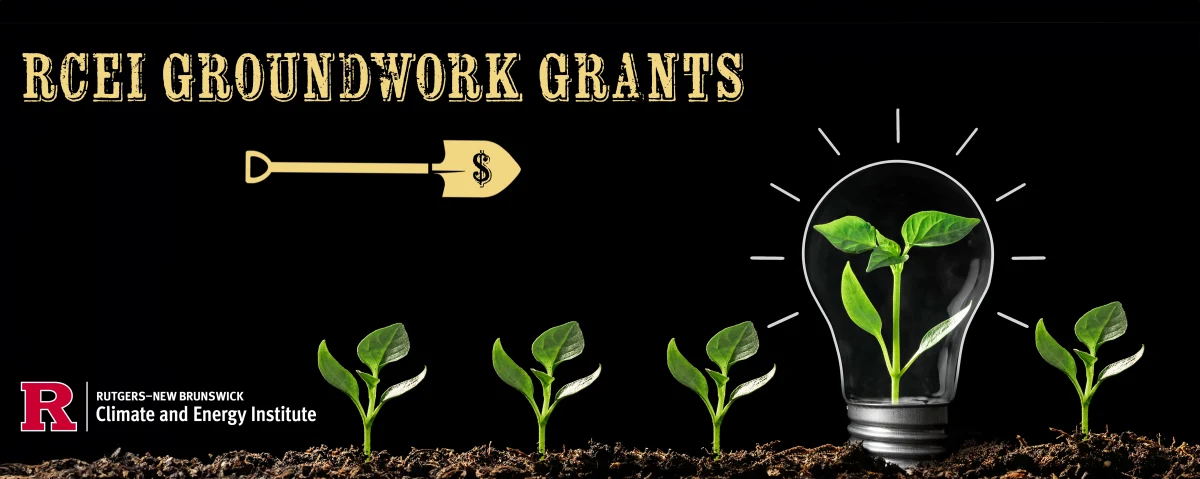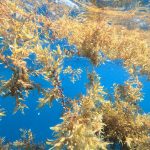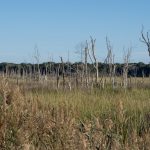By: Marjorie Kaplan
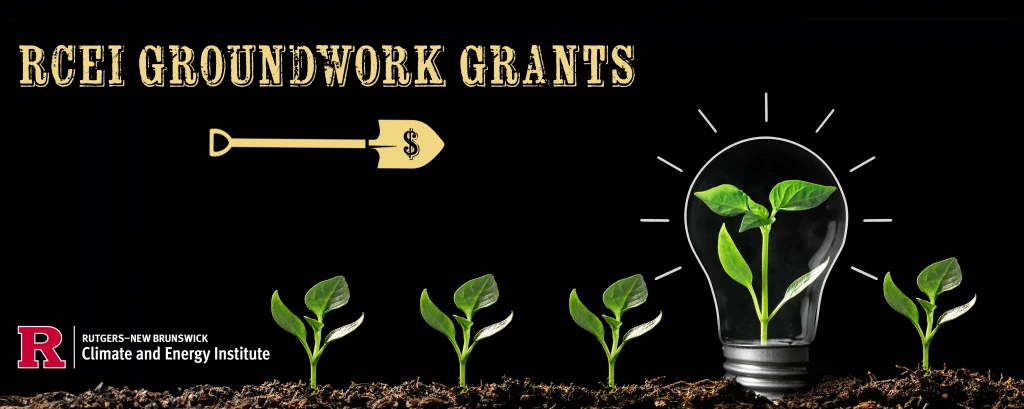
RCEI has awarded Groundwork Grants to faculty affiliates Charles Dismukes, Yalin Li, Mary Whelan, and Qingze Zhou to facilitate planning for comprehensive competitive research proposals and scholarship toward the emerging global emphasis on the bioeconomy in addressing climate change. Bioeconomy harnesses the power of biology in novel production of goods, services, and energy to grow the economy and workforce while improving quality of life and the environment. Key to the bioeconomy concept is reducing dependence on fossil fuels while preventing biodiversity loss, reducing risks to people, and ensuring economic growth follows ethical, responsible, and sustainable principles. Below are descriptions of each of the winning proposals.

Improving Photosynthesis by Metabolic Engineering to Increase Carbon Fixation and Plant Biomass. Principal Investigator: Charles Dismukes, Waksman Institute of Microbiology & Dept of Chemistry, School of Arts and Sciences This grant will bring together international experts to assess experimental evidence, predict suitability for metabolic studies and transferability to a crop organism to lay the groundwork for future work in identifying and quantifying the flux bottlenecks that most strongly affect carboxylation rates and influence plant growth rates. Addressing these bottlenecks has tremendous potential for increasing conversion of solar energy into biomass energy for food crops or energy crops.
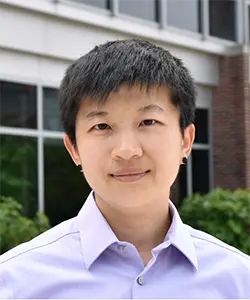
SVEAP: Sustainable Value-Added Products from Kelp/ Principal Investigator: Yalin Li, Civil and Environmental Engineering, School of Engineering The SVEAP award will lay the foundation for a novel system to convert Alaskan kelp (a renewable biomass feedstock) into value-added bioproducts and low-carbon fuels. This use of renewable feedstock and development of carbon-efficient processes is expected to show a significant reduction in carbon intensity when compared to the incumbent products (e.g., fossil-based fuels and materials). The Li group will experimentally evaluate the technical feasibility of different approaches to develop biocrude and other intermediates for bioenergy, biochemical, and nutrient products and compare the overall efficiency of these systems.
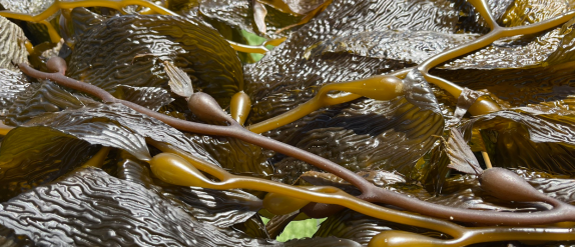
Vulnerability of natural climate solutions under climate change. Principal Investigator: Mary Whelan, Environmental Sciences, School of Environmental and Biological Sciences and Co-Principal Investigator: Qingze Zou, Mechanical and Aerospace Engineering, School of Engineering. This project will create and demonstrate the usability of low-cost, miniature devices that can observe tree carbon uptake and water loss across a forest landscape. Continuous leaf-scale measurements reveal how photosynthesis changes dynamically with climate, but current devices are expensive and require specialized knowledge to operate. This project lays the groundwork for developing a large-scale field campaign deploying many less costly devices to capture a more accurate picture of the variability of carbon uptake as light moves through a forest canopy, between individual trees, and between microclimates enhancing understanding of how land-based carbon solutions will fare in a changing climate.
